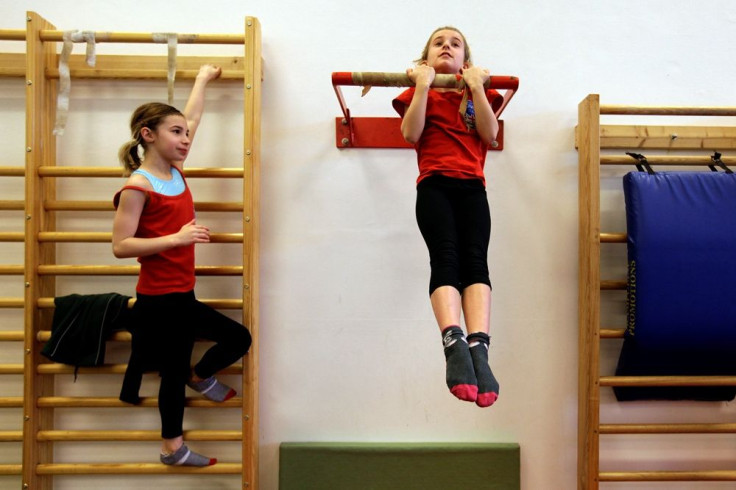Guilt tripping won’t work in making teens exercise, study reveals

Putting pressure to teenagers to get them more active will not be successful, researchers from the University of Georgia, or UGA, say. According to the study, middle school students who feel they can make their own decisions about exercising are more likely to see themselves as a person who exercises, rather than those who do not feel in control of their exercise choices or who feel pressured by adults.
Kids usually decrease their activity levels by 50 percent between fifth and sixth grades, which makes this age a critical juncture in a child’s life, claims Rod Dishman, lead author of the study and a professor of kinesiology in the UGA College of Education. “Our results confirm that the beliefs these kids hold are related to physical activity levels,” Dishman said, as quoted by Science Daily. “But can we put these children in situations where they come to value and enjoy the act of being physically active?”
According to Dishman, just like there are kids who are drawn to music and art, there are those who find physical activity appealing. What parents and teachers want is to draw those kids who otherwise might not be particularly interested to exercise. However, he cautions them not to convey a sense of guilt to the kids for not working out. The study, published in the September issue of the journal Medicine & Science in Sports & Exercise, overwhelmingly found that students who felt obliged to be more active were less likely to embrace activity overall.
“The best thing is to do it is because it’s fun. It’s the kids who say they are intrinsically motivated who are more active than the kids who aren't,” Dishman said.
With his colleagues, Dishman is now exploring various ways to help kids identify with exercise at a younger age, which will make them more likely to associate themselves as someone who exercises by the time they reach middle school. This includes teaching more structured games in elementary school, integrating physical activities into classroom lessons or expanding community recreational leagues to give kids more opportunities to improve on a particular sport.
A study, which appeared in the journal Obesity in 2014, linked a lack of physical activity as well as lack of sleep and too much television time as major lifestyle risk factors for childhood obesity. According to research, children between the ages of nine and 11 who do not get enough moderate to vigorous physical activity each day are more likely to be obese than their counterparts who are more active. Researchers collected data from more than 6,000 children from 12 countries and every continent, except Antarctica, and used results coming from the International Study of Childhood Obesity, Lifestyle and the Environment, or ISCOLE.
Contact the writer at feedback@ibtimes.com.au or tell us what you think below.




















